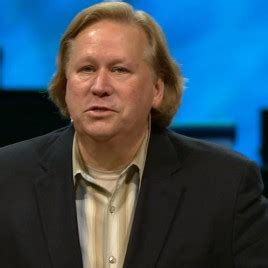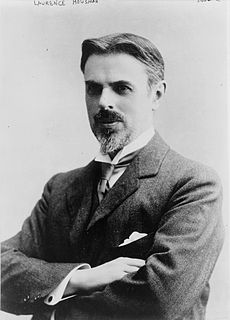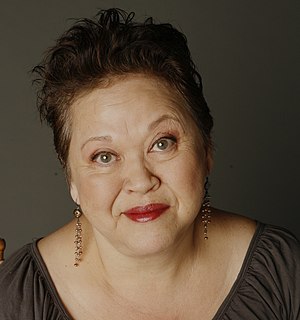A Quote by Benjamin Clementine
I started understanding William Blake and George Orwell more and more. It's amazing how we go to school when we're so young, read all of these books, just trying to memorize them. When you start to live, you don't have to memorize anything.
Related Quotes
It wasn't until my teenage years that a book really left a mark, and that was George Orwell's 'Nineteen Eighty-Four.' It was on the syllabus at school when I was about 16, and I went on to read more of his books. It was the height of the Cold War, so a lot of the messages really resonated at the time.
I memorize my lines and I show up. I think it's just instinctual, and sometimes it's wrong and the director says, "No, do it this way." And then I can change, because I didn't spend all night practicing it this one way. All I do to get ready for the day is the night before, I read my lines once or twice, memorize them, and then I show up.
I'm often surprised by classical music and musicians. I've met a large number of them because my wife works for the Boston Symphony, and I'm in that world a lot now. I'm surprised at how difficult it is for people who are classically trained to read music or to memorize music, how difficult it is for them to improvise, to just go off and play. It's sort of, it's like terra incognita. They just, (makes noise) they don't get it.
One of the disadvantages of poetry over popular music is that if you write a pop song, it naturally gets into people's heads as they listen in the car. You don't have to memorize a Paul Simon song; it's just in your head, and you can sing along. With a poem, you have to will yourself to memorize it.








































